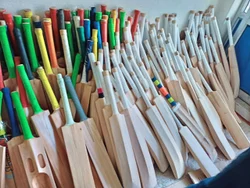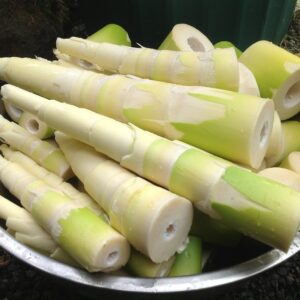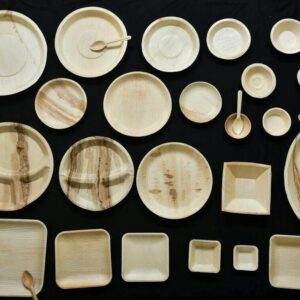Industry Overview
The
wood carving industry involves the art and craft of creating intricate designs and sculptures from wood. It has applications in
furniture,
decorative pieces,
art installations, and
religious items. As consumers become more interested in
handmade, bespoke products, the demand for
wood carvings is increasing globally. This industry also enjoys a strong market in tourism and
cultural heritage products.
Key Points:
- Wood carving combines artistry with craftsmanship, making it ideal for custom-made products.
- The market for handcrafted wooden items is growing due to the increasing consumer preference for artisanal products.
- Sustainable sourcing of wood and eco-friendly practices are key trends in the industry.
Scale and Profitability of Industry
Wood carving businesses can operate on a
small scale, creating
custom pieces for local markets, or on a larger scale, catering to both
domestic and
international markets. The profit margins are typically high, particularly for
premium and
artistic carvings. This is an ideal business for individuals with expertise in
artisanal crafts.
Subsidy Opportunities
- PMEGP: Financial assistance for businesses that focus on traditional crafts and handmade products.
- Handicrafts and Handlooms: Government schemes offering support to small businesses producing wooden art.
- State Government Schemes: Various states offer incentives to promote cultural industries and local craftsmanship.
Eligibility Criteria
- MSME registration.
- Craftsmanship skills and a business model that emphasizes sustainability and artisan skills.
- Investment in tools and equipment for wood carving.
Project Cost and Subsidy
The
project cost for a wood carving business can range from
₹2 Lakhs to ₹8 Lakhs, with subsidies covering
30%-50% of the cost.
To apply for the Food Processing Scheme, the following mandatory documents are required for new enterprises (Individuals/Firms) as outlined in the manual
1. PAN Card of concerned/all promoters.
2.Aadhaar Copy & Photo of all promoters/guarantors.
3. Address Proof: Any of the Officially Valid Documents (OVD) such as:
o Utility bill (not more than two months old) from any service provider (Electricity, telephone, post-paid mobile phone, piped gas, water bill).
o Property or Municipal tax paid receipt.
o Ration Card (Individual).
o Driving Licence
o Aadhaar Card.
o Voter ID Card.
4. Details of the site where the unit is to be established, including whether it is owned/rented/leased, along with proof (Lease/rent agreement should be for more than the loan repayment period).
5. Photocopy of Bank
6. Estimates and Quotation of all capital expenditure and machinery and equipment to be purchased. Statement/Bank Passbook for the last 6 months.
For existing enterprises with a turnover of less than 1 crore, similar documents are required, including PAN Card, Aadhaar, address proof, and site details.
If you need more specific information or additional documents, please let me know!















